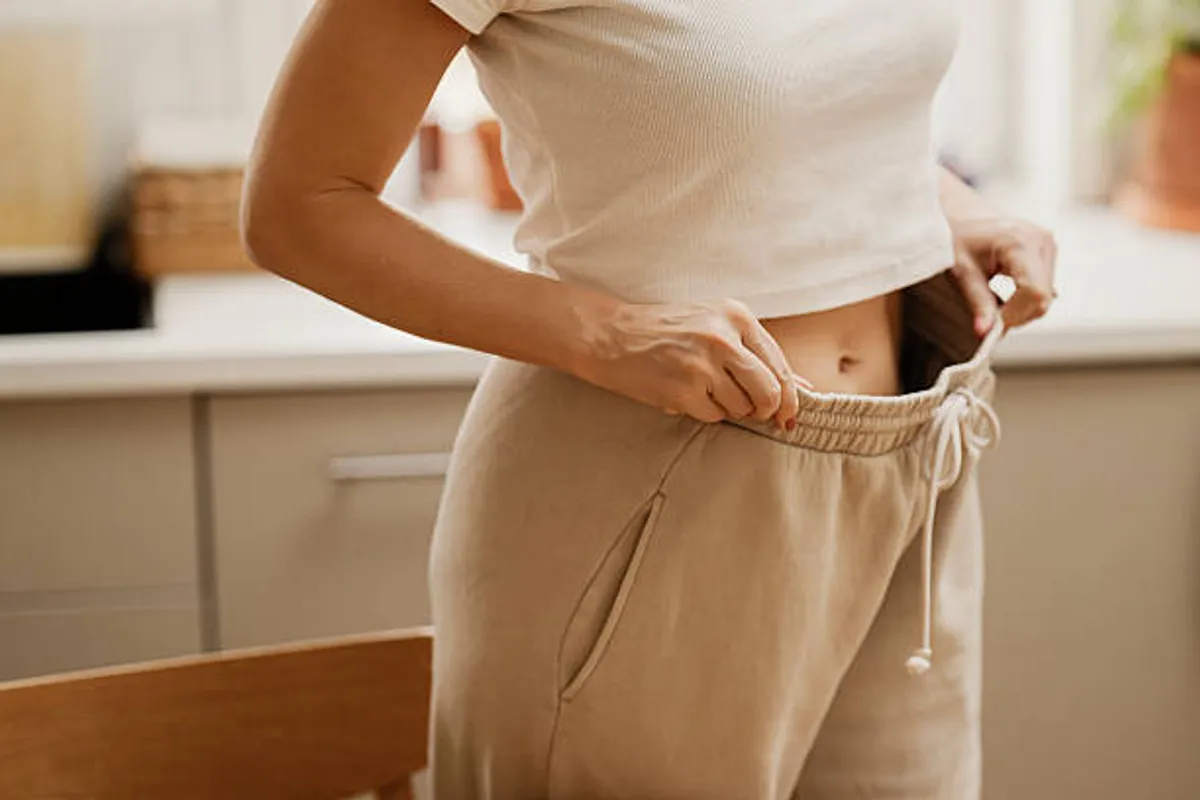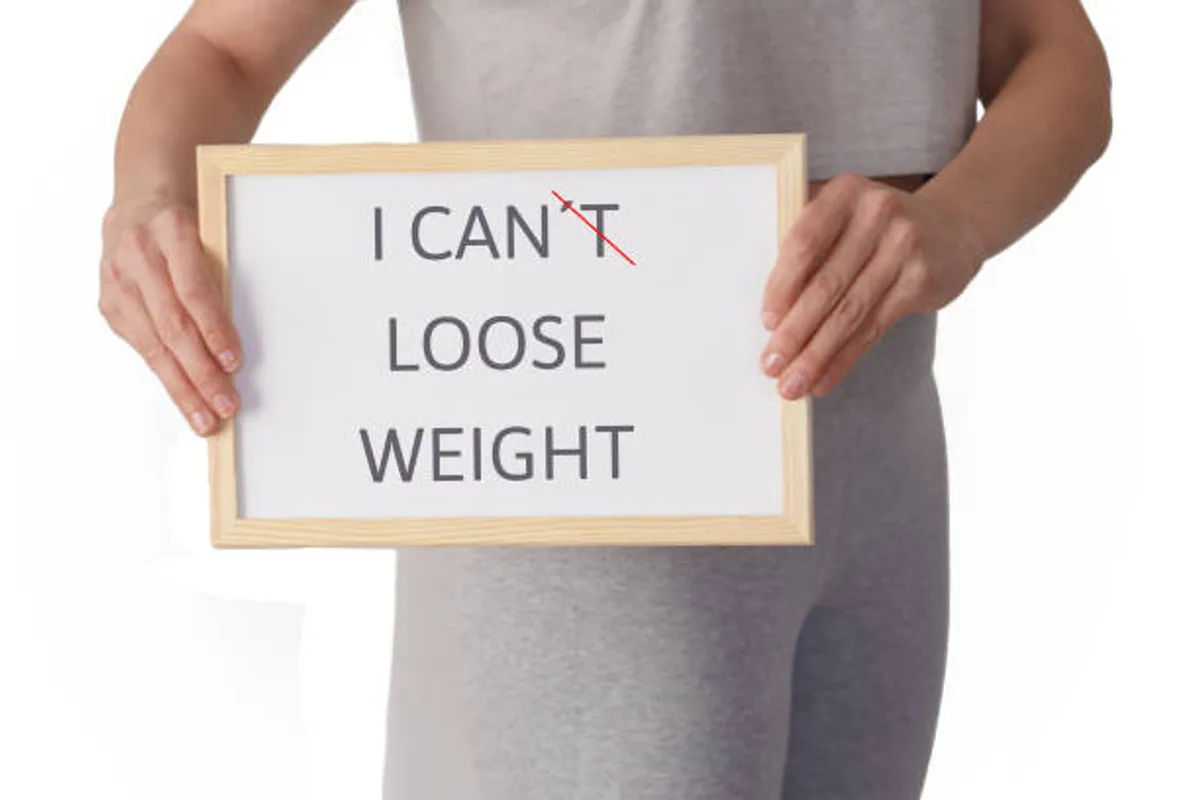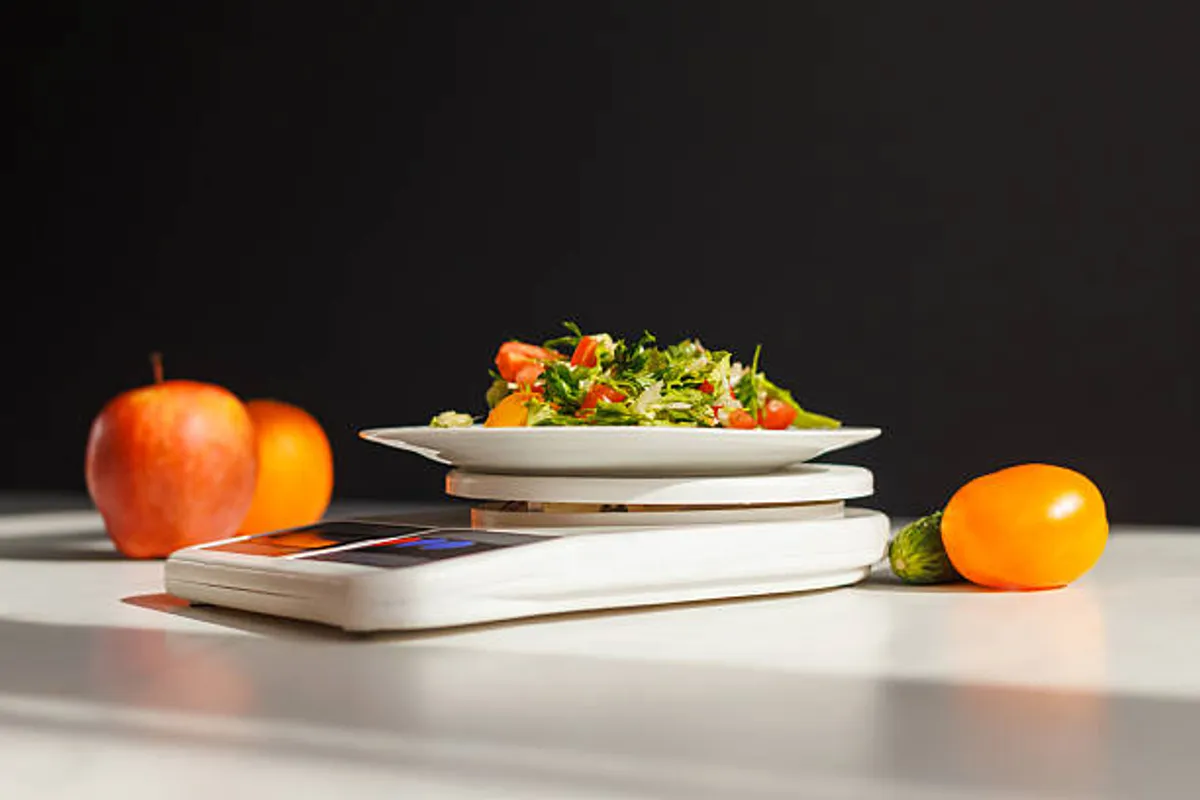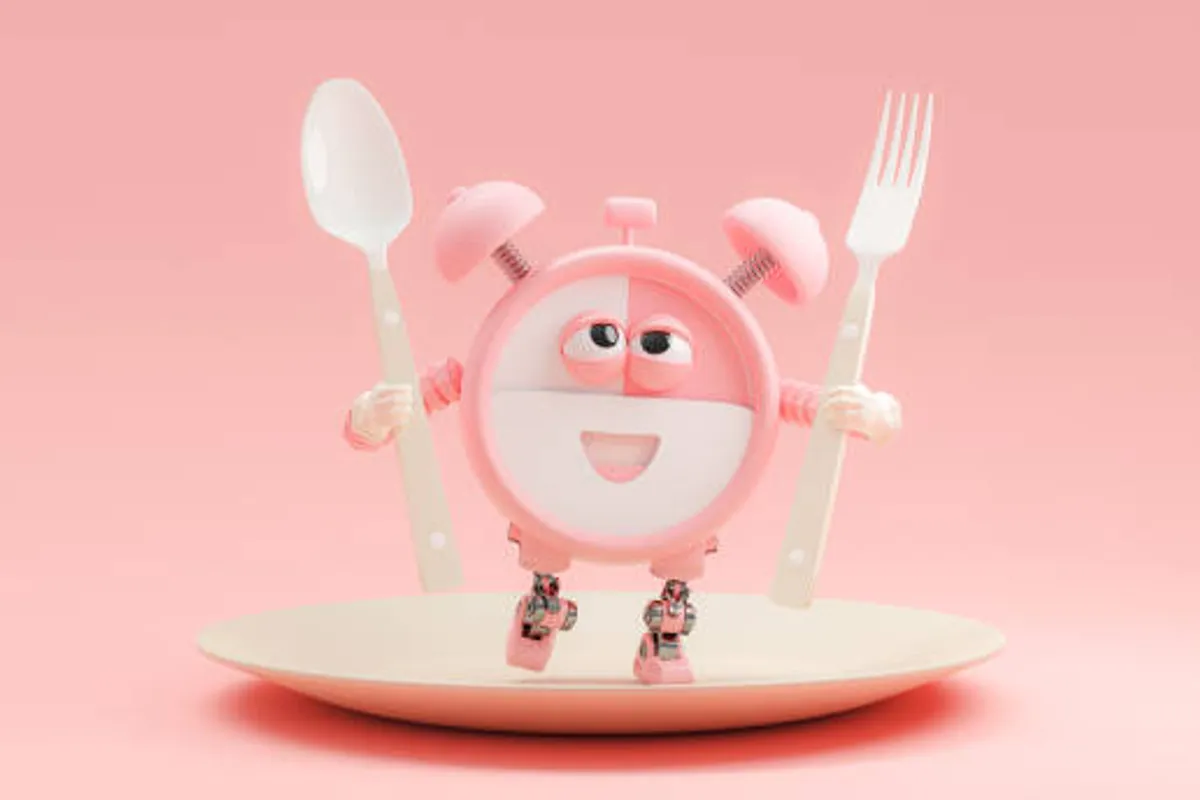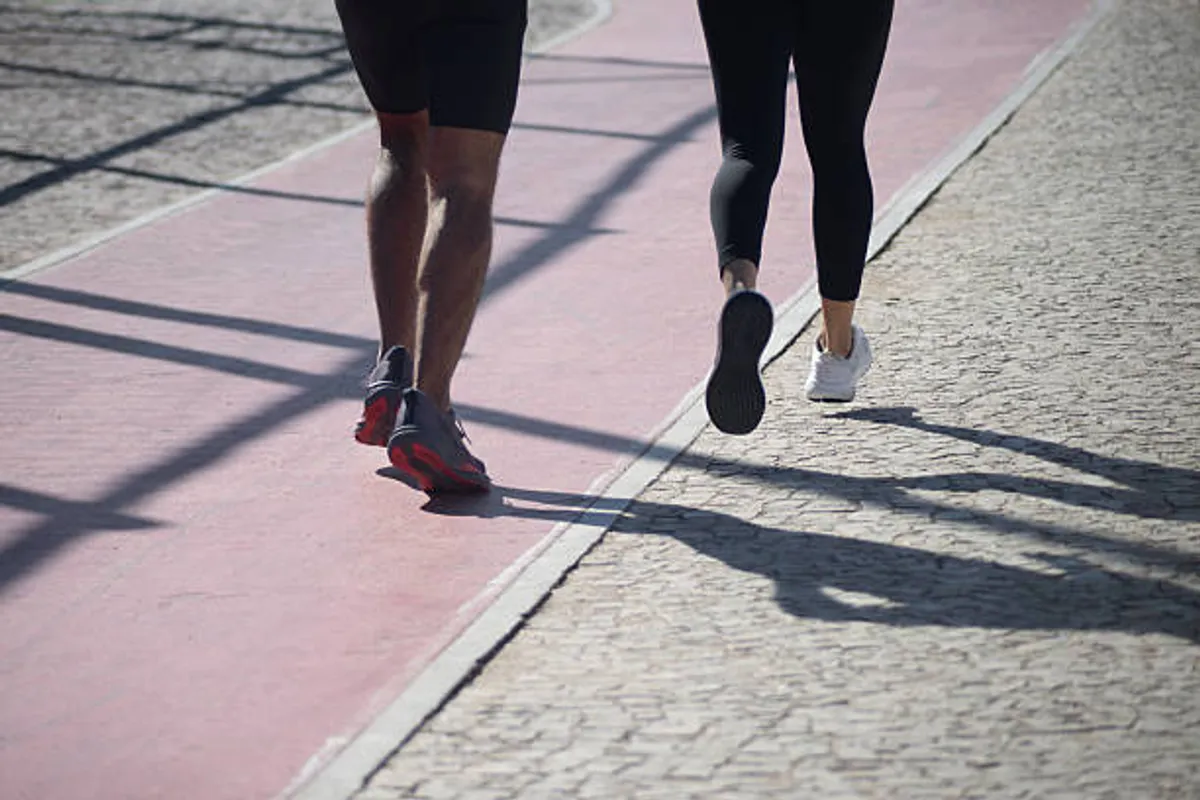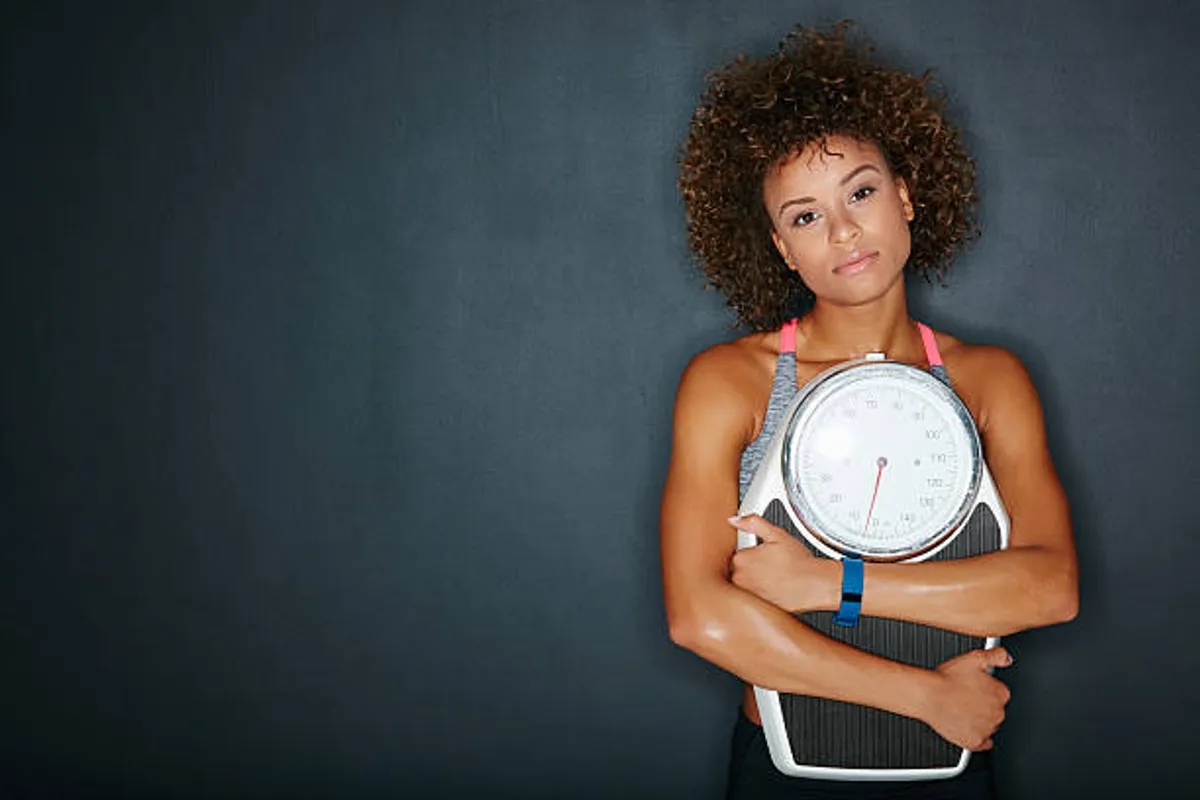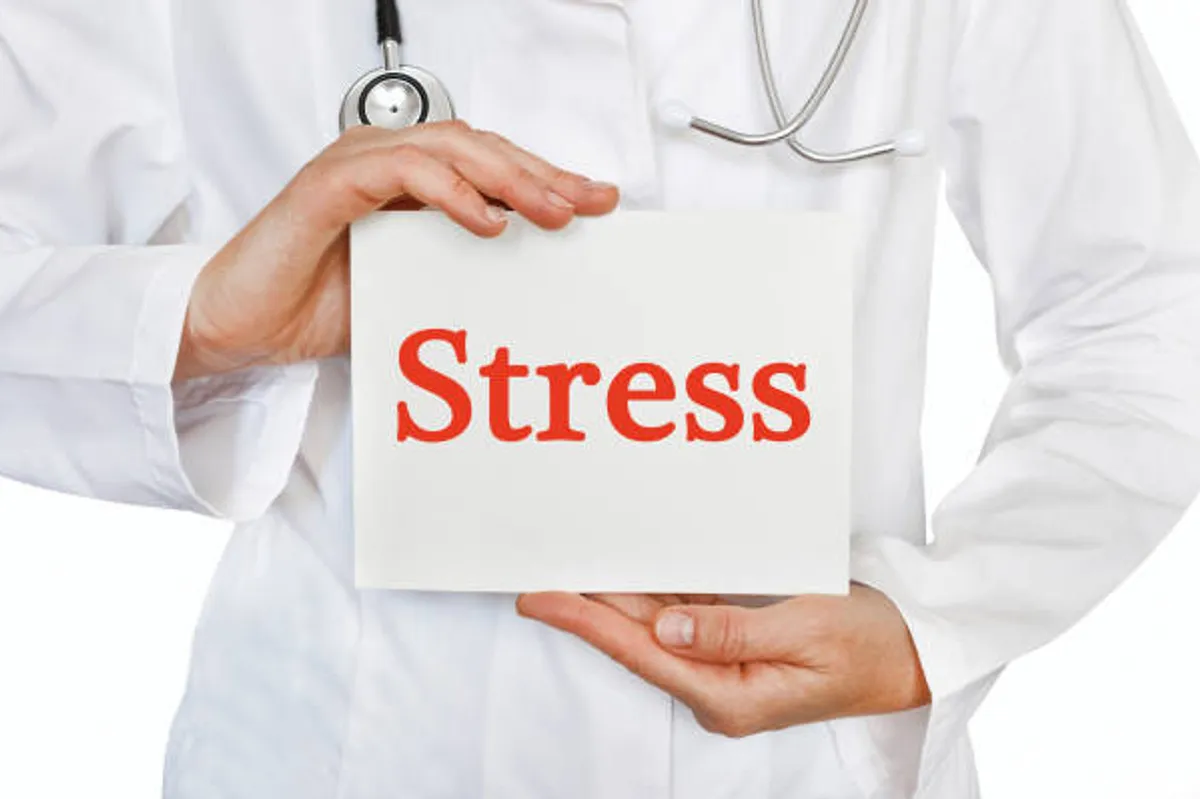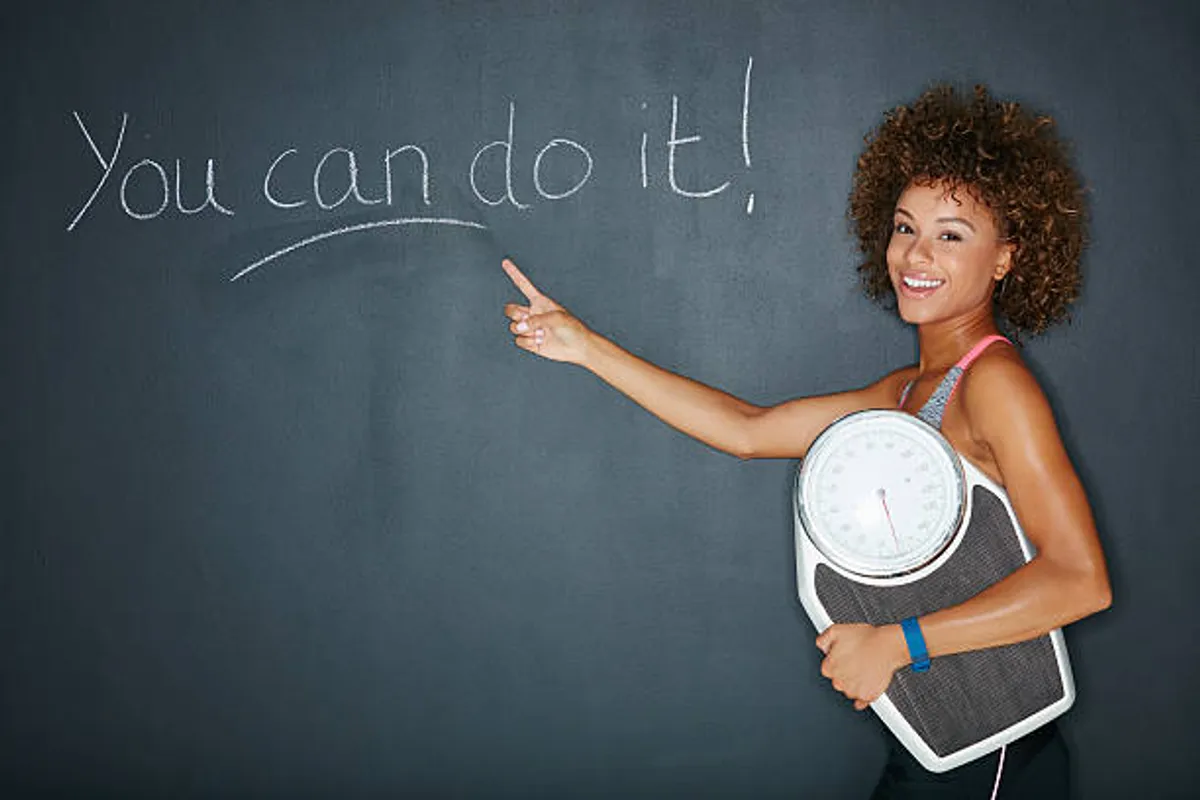The Role of Hydration in Weight Loss Success

GeokHub
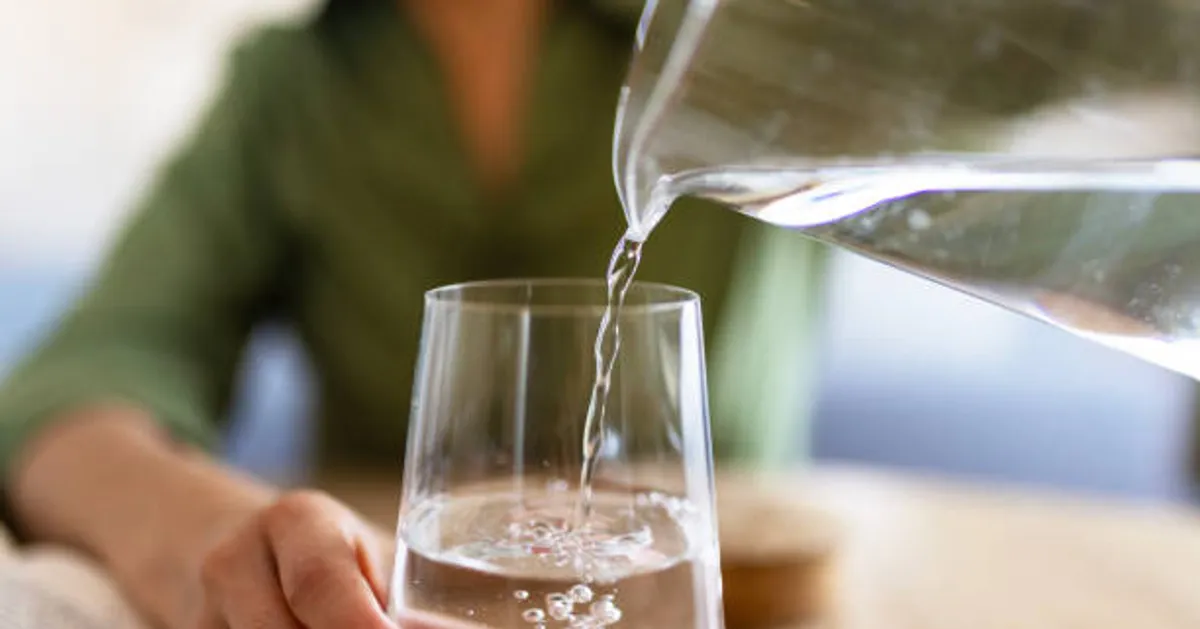
When people think of weight loss, diet and exercise usually come to mind first. But there’s another crucial factor that often gets overlooked: hydration. Drinking enough water not only supports overall health but can also make a big difference in your weight loss journey.
Why Hydration Matters for Weight Loss
Boosts Metabolism
Studies show that drinking water can increase calorie burning by up to 30% for about an hour after consumption. This process, known as water-induced thermogenesis, helps the body use more energy, even at rest.
Controls Appetite
Thirst is often mistaken for hunger. Drinking a glass of water before meals can help you feel fuller, reducing calorie intake without effort.
Supports Fat Breakdown
For the body to metabolize stored fat, it requires water. Proper hydration ensures the process of lipolysis (fat breakdown) works efficiently.
Improves Workout Performance
Dehydration leads to fatigue, reduced strength, and lower endurance—all of which limit calorie-burning potential during exercise. Staying hydrated helps you train harder and longer.
Reduces Liquid Calories
Choosing water instead of soda, juice, or sugary drinks cuts hundreds of calories from your daily intake, supporting a calorie deficit essential for weight loss.
How Much Water Do You Really Need?
The “8 glasses a day” rule is a good start, but hydration needs vary. A more accurate guide is:
- Women: About 2.7 liters (11 cups) per day
- Men: About 3.7 liters (15 cups) per day
This includes water from foods and other beverages. Active individuals may need more, especially if sweating heavily.
Best Tips to Stay Hydrated for Weight Loss
1. Start Your Day with Water
Drink a glass first thing in the morning to kickstart your metabolism and digestion.
2. Carry a Reusable Bottle
Keeping water nearby serves as a constant reminder to sip throughout the day.
3. Flavor It Naturally
If plain water feels boring, add lemon, cucumber, or mint for a refreshing twist without extra calories.
4. Time It Around Meals
Drinking water 20–30 minutes before meals helps with portion control and prevents overeating.
5. Watch Out for “Hidden Dehydration”
Alcohol, coffee, and salty foods can increase water loss. Balance them with extra hydration.
Other Hydrating Foods That Help
You don’t have to rely only on drinks. Foods like watermelon, cucumbers, celery, oranges, and strawberries are naturally hydrating and contribute to your daily fluid intake.
Final Thoughts
Hydration plays a vital role in metabolism, appetite control, fat breakdown, and exercise performance—all key factors in weight loss success. While water isn’t a magic solution, making it your primary drink and staying consistently hydrated can significantly improve your results and overall well-being.
